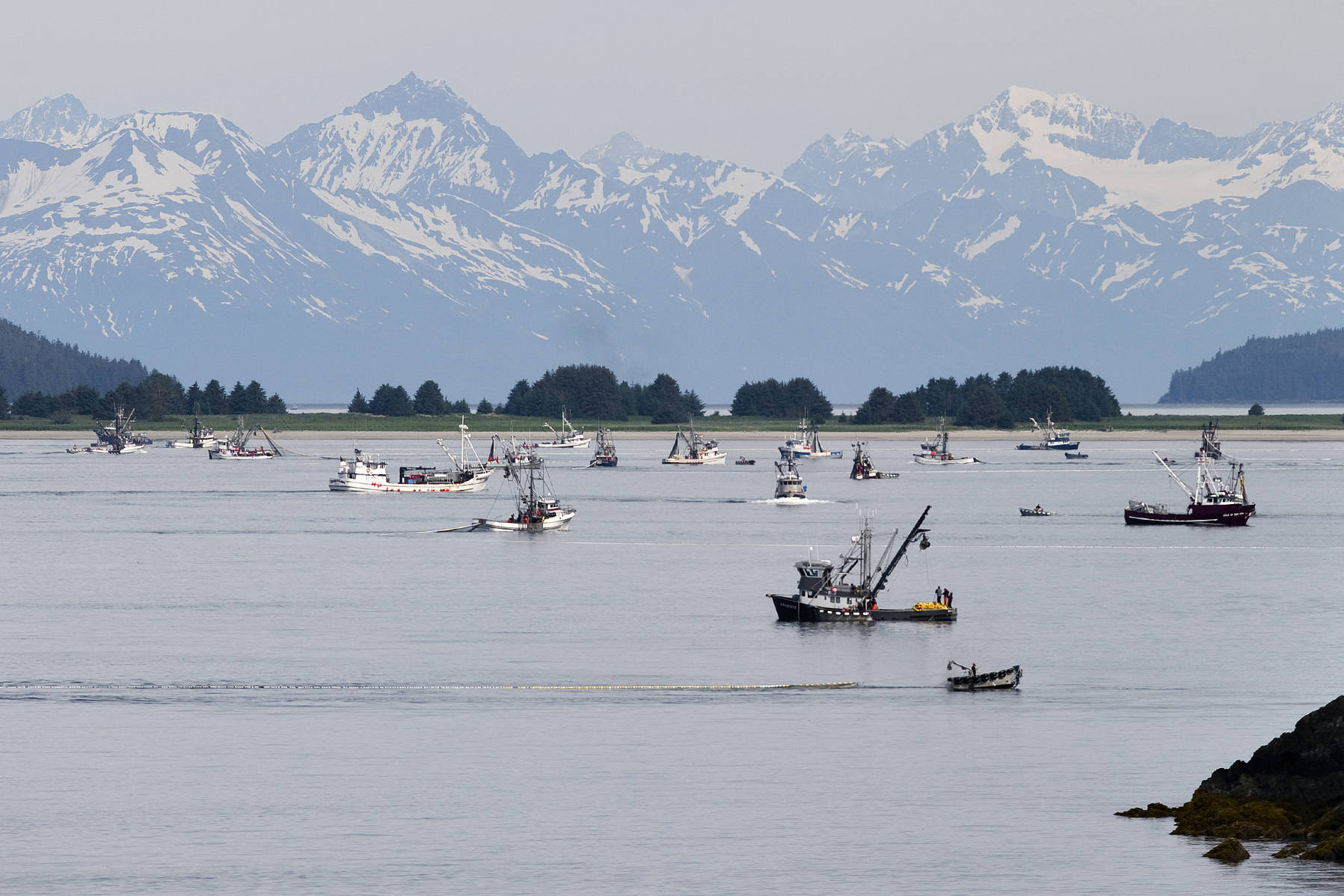There are few topics in Alaska more divisive than our fisheries, and no fish divides us more than salmon. During its perilous migration journey, a spawning salmon must navigate an ocean filled with nets, hooks and countless predators before entering its native stream and miraculously evading every wading fisherman in search of a meal. I find it remarkable that any salmon is able to complete its spawning pilgrimage given the collective effort dedicated to capturing these fish.
A witness to the hordes of sharp-elbowed dipnetters on the Kenai River might be under the impression that our fisheries are managed as an exploitive free-for-all; however, underlying every effort to harvest salmon is an intricately woven tapestry of rules, delicately balancing harvest and conservation in order to ensure that our salmon utilization provides sustained benefits to Alaskan residents in perpetuity.
The Alaska Board of Fisheries (BoF) determines how and when fish can be caught and, of course, who gets to catch them. It is this last consideration, the question of who gets the fish, that creates the most contentious issues. One board member, Robert Ruffner, whose three-year term expires this spring, has played the role of neutral arbiter on a board otherwise consisting of user-group partisans. While the other six board members are easily categorized as sport, commercial, subsistence or enforcement affiliates, Ruffner has defied such characterization. As an avid sport fisherman with a strong scientific background, any user group knows they have chance pleading their case to Ruffner, just as long as they resort only to reason, law and the basics tenets of conservation when making their arguments.
[Opinion: The short-sighted stories of climate change]
BoF meetings are regularly contentious in their settlement of allocative disputes. Feuding user groups behave like Serengeti scavengers picking away at the same carcass — vultures and hyenas ardently guarding their own scraps while jealously eying every bite taken by their counterparts, never seemingly satisfied to just enjoy their own meal. In their quest to increase their share of the harvest at the cost of all others, sport fishermen declare commercial fishermen to be greedy and rapacious, commercial fishermen portray sport users as delusional and entitled, and rural subsistence users claim supremacy over them all. In his nearly three years on the board, Ruffner has proven indispensable in arbitrating disputes between these groups, strictly focusing on science, reason and goodwill for Alaskans.
As evidenced by his public deliberations and voting history (the BoF is extraordinarily transparent in their decision-making), Ruffner is not swayed by personal interests or affiliations. During his term on the board, Ruffner has played the critical role of the swing-voter who is guided largely by reason and a deliberative commitment to ensuring that our fisheries’ management adheres to the constitutionally mandated standard that Alaska’s natural resources be utilized “for the maximum benefit its people,” while granting “preferences among beneficial uses.” As the independent on the board, Ruffner’s vote isn’t swayed by whoever shouts the loudest during public testimony, or by any regional or professional alliance. His votes are guided by a greater sense of civic duty and an adherence to science.
[Former Rep calls attention to ‘frightening’ state of oceans]
In addition to his role on the board, Ruffner has been on Kenai planning commissions, has served as the chair of the Kenai Road Service Board, sat on the advisory panel for the North Pacific Anadromous Fish Commission and has spent 20 years as a member of the Kenai Watershed Forum. He also taught geology and physics at an Alaska community college.
With his depth of knowledge, civic commitment and steadfast impartiality, Ruffner has been the lynchpin of a well operating Board of Fisheries, and has proven critical in maintaining the board’s legacy as an effective and politically neutral institution.
It is my hope that Gov. Mike Dunleavy and the Alaska Legislature realize that Ruffner is a consummate board member and a dedicated public servant. Predictability and confidence in Alaska’s fisheries depend entirely on sustaining a neutral and balanced board. Retaining Ruffner as a qualified and dedicated board member should be a priority for all of our lawmakers, and they would be remiss not to support his re-appointment and confirmation.
• Darren Platt is a commercial fisherman in Kodiak. My Turns and Letters to the Editor represent the view of the author, not the view of the Juneau Empire.

